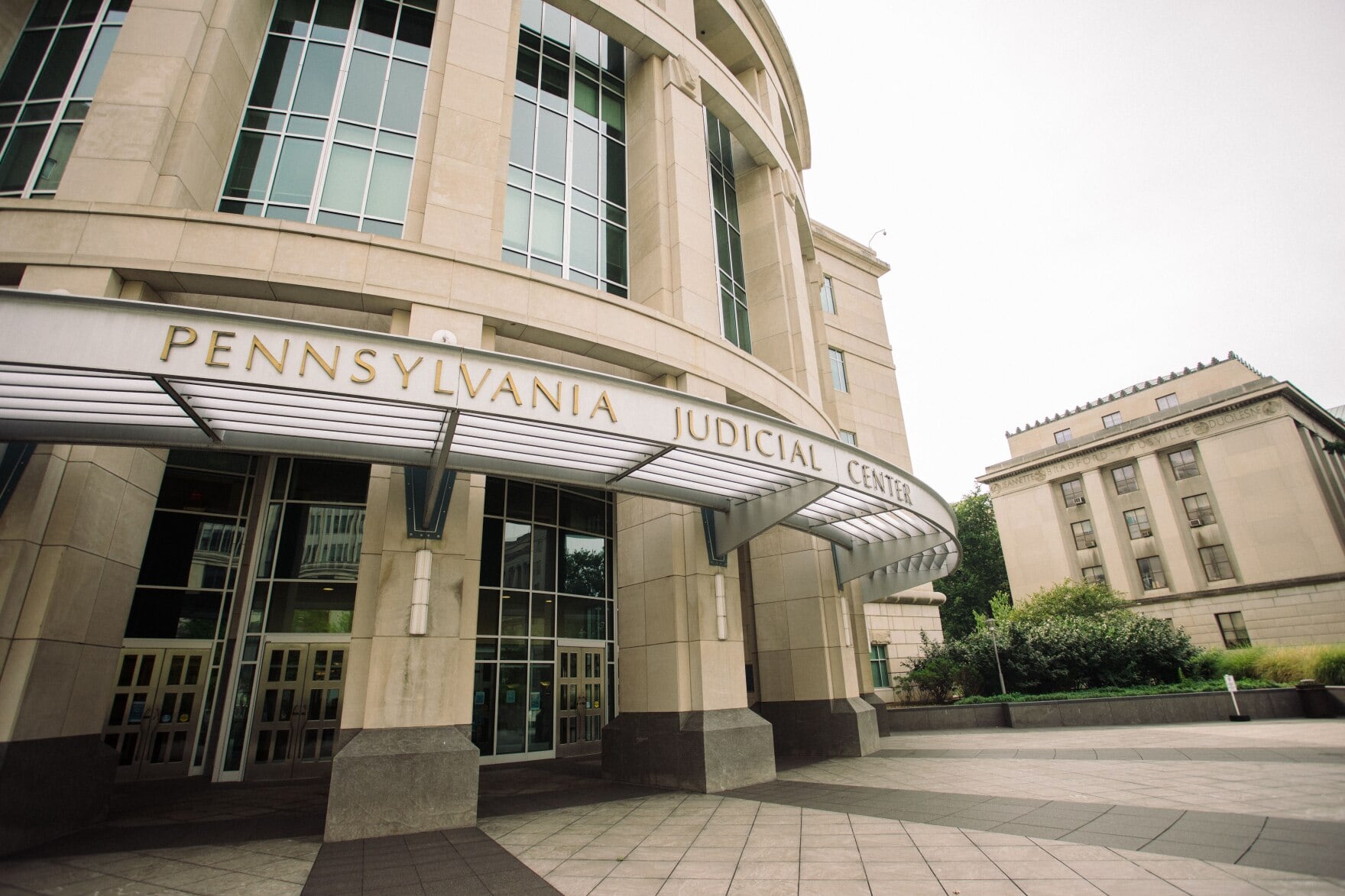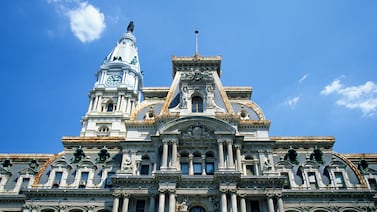Post-trial briefs filed in Pennsylvania’s landmark school funding case express sharply different views over the definition of a quality education, the state’s role in providing it, and what equity means in the context of the state constitution.
The six school districts, several families, and advocates who sued the state’s legislative and executive branches argue that Pennsylvania is failing to fulfill its constitutional responsibility to educate all its students to high standards, citing the widely disparate resources available to school districts in the state. Pennsylvania has the largest spending gaps between rich and poor districts of any state in the country.
But Republican legislative leaders — the only state government officials actively contesting the suit — say the case is not about what is desirable or ideal, but about what satisfies the state constitutional mandate to provide a “thorough and efficient system” of public education. And they define that system in minimal terms: functional schools with properly credentialed teachers.
The case, William Penn School District et al. v. Pennsylvania Department of Education et al., is entering a key phase. The two sides will draw on their post-trial briefs during oral arguments slated to start Tuesday before Commonwealth Court Judge Renée Cohn Jubelirer. The trial in Jubelirer’s court took place over four months from November until March.
During the trial, plaintiffs referred to the system as a “catastrophic failure,” while GOP officials argued that Jubelirer should include alternatives to local school districts, like cyber charters, when “assessing whether the system is unconstitutional.”
This is the first case in a long line of legal attempts by educators and advocates to overhaul how the state funds schools to actually reach the trial stage, going back to the 1970s. Before this case, Pennsylvania courts have consistently ruled that school spending is a matter for legislators, not the courts, to decide.
In their brief, the plaintiffs recap some of the most dramatic testimony of the trial, in which educators detailed children learning in closets and hallways, one toilet for 75 small children, closed libraries, and teachers who teach two or three classes at the same time.
“When school leaders attempt to help children close learning gaps, their inadequate resources force them to choose which children will receive vital assistance, and which will not,” they state in their brief. “In other words, rather than providing children what everyone agrees they need, school districts do something else entirely: triage them.”
In his brief, Senate Majority Leader Jake Corman says that education is fundamentally a political issue in which the courts should have no role.
“Many individuals have deeply-rooted, but often differing, beliefs regarding the societal roles and responsibilities of schools, families, communities, and the individual in educating our youth,” Corman says in the brief. “This case is replete with these social issues. This Court should not enter into the political fray by choosing one set of policy viewpoints over another.”
The plaintiffs argue that in addition to not meeting the constitutional mandate to provide a “thorough and efficient” education to all students, the current system also violates the state constitution’s equal protection clause. They are asking Jubelirer to evaluate whether a “system that discriminates against low-wealth districts” and the disparities that result “are necessary to advance a compelling state interest.”
In addition to the funding gaps between districts, Pennsylvania has some of the largest gaps in academic achievement among different demographic groups. The plaintiffs say “opportunity and achievement gaps” in the state differ significantly by location, race, and family income. “It is not supposed to work this way,” they state in their brief.
But Assembly Speaker Bryan Cutler’s brief says that the legislature’s constitutional obligations “must be viewed through the lens of opportunity, rather than outcomes. Public schools alone cannot overcome every economic, social or personal disadvantage that students bring with them to school, and which may hinder the academic achievement of those students, nor are they constitutionally required to do so.”
Jubelirer is expected to issue her ruling in the coming months. The losing side will likely appeal to the Pennsylvania Supreme Court.
Dale Mezzacappa is a senior writer for Chalkbeat Philadelphia, where she covers K-12 schools and early childhood education in the city. She is a former president of the Education Writers Association. Contact Dale at dmezzacappa@chalkbeat.org.







